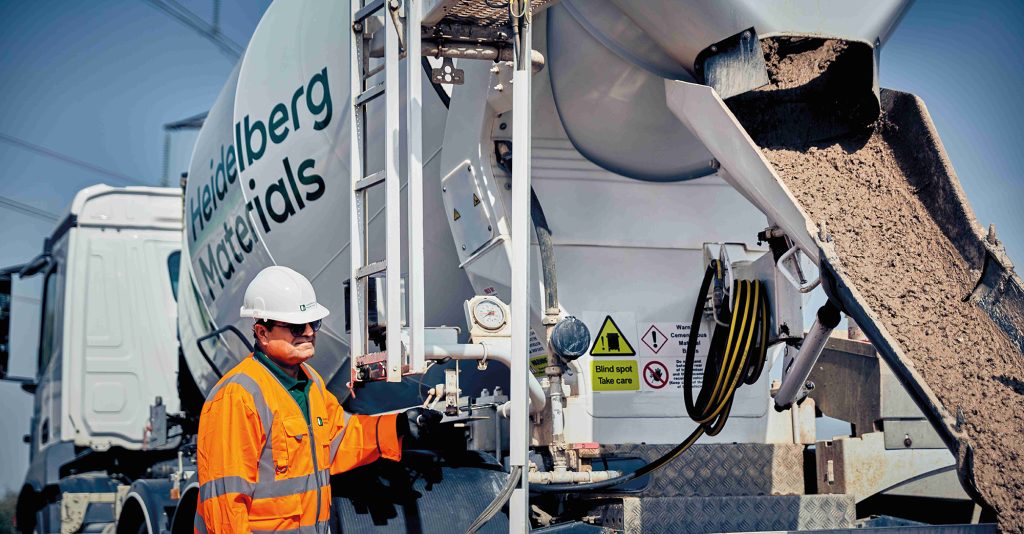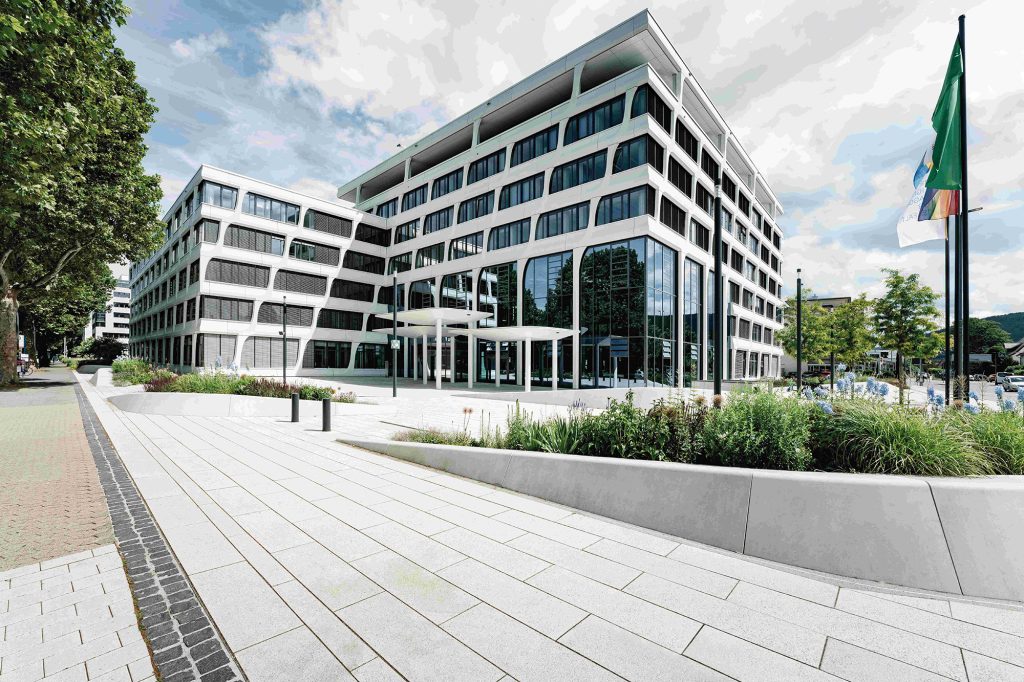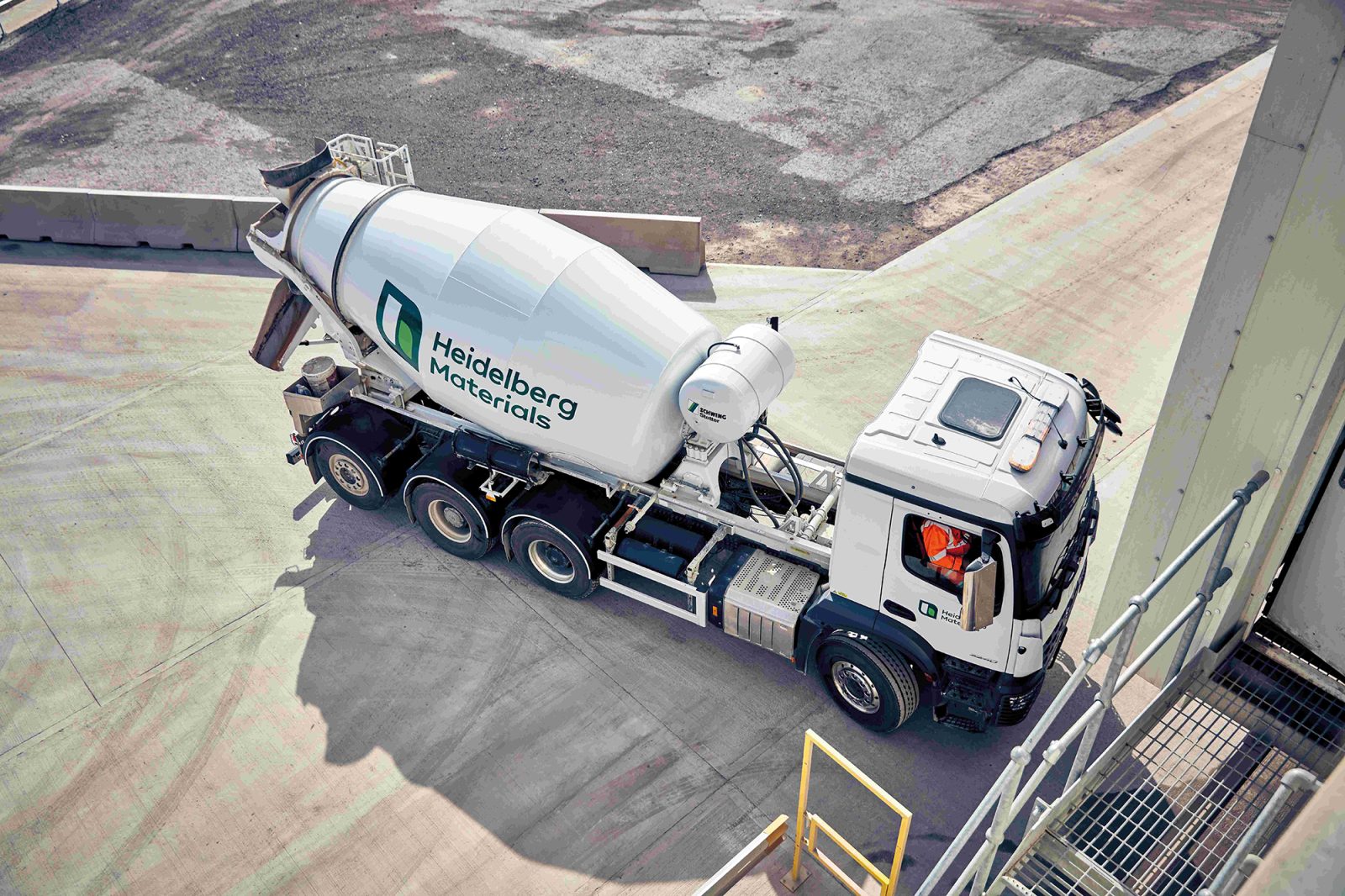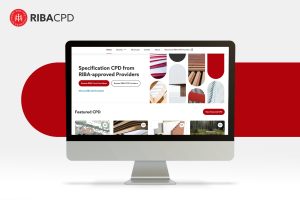The move means the heavy building materials supplier is even stronger and better placed to meet global challenges such as climate change and digitalisation.
The company produces aggregates (crushed rock, sand and gravel), asphalt, ready-mixed concrete, cement and ground granulated blastfurnace slag (GGBS) – a lower carbon cement replacement – and recycled materials, to help build the infrastructure we need to live, learn, work and travel.
Decarbonising the built environment
Heidelberg Materials is the UK’s largest supplier of Regen GGBS, a readily available and reliable option to reduce the embodied carbon in concrete through the replacement of CEM I.
In addition, the company has created its EcoCrete range of lower carbon concretes, which contain Regen GGBS to reduce the CO2 emissions associated with standard CEM I concrete by at least 30 per cent.

Now the company is progressing a range of innovative projects such as carbon capture and storage (CCS) and using hydrogen as a fuel source in production to help lead the construction industry towards net zero carbon emissions by 2050.
CCS is vital if net zero concrete is to become a reality as it will allow the CO2 released during the production of cement – a key ingredient in concrete – to be captured before it enters the atmosphere. To achieve this, Heidelberg Materials is proposing to invest around £400 million to build an industry-leading carbon capture facility at its Padeswood cement works in north Wales.
The company is also increasing the use of alternative raw materials and lower/zero-carbon fuels, including hydrogen. For example, a cement kiln at its Ribblesdale works in Lancashire has been successfully operated using a net zero fuel mix as part of a world-first demonstration using hydrogen technology.
Growing the circular economy
Heidelberg Materials is committed to growing the circular economy, allowing more to be built with less. It recovers construction and demolition waste, recycling and reusing it so it can reduce the use of primary raw materials and provide the most sustainable products to its customers.

Heidelberg Materials’ global head office
Going digital
The company also wants to lead the way in changing the heavy building materials industry towards digitalisation. It is developing digital solutions to provide added value to its customers, making working together easier and more efficient to create a simpler, safer and more sustainable future.
Simon Willis, CEO of Heidelberg Materials UK, said: “Customer demands, markets and competitors are changing rapidly and being part of a global team will allow us to take full advantage of our strengths.
“Our commitment to delivering high quality, lower carbon building solutions remains and, as we head to the future, we will continue to drive innovation and deepen partnerships with our customers.”

 The Architects’ Journal Architecture News & Buildings
The Architects’ Journal Architecture News & Buildings




